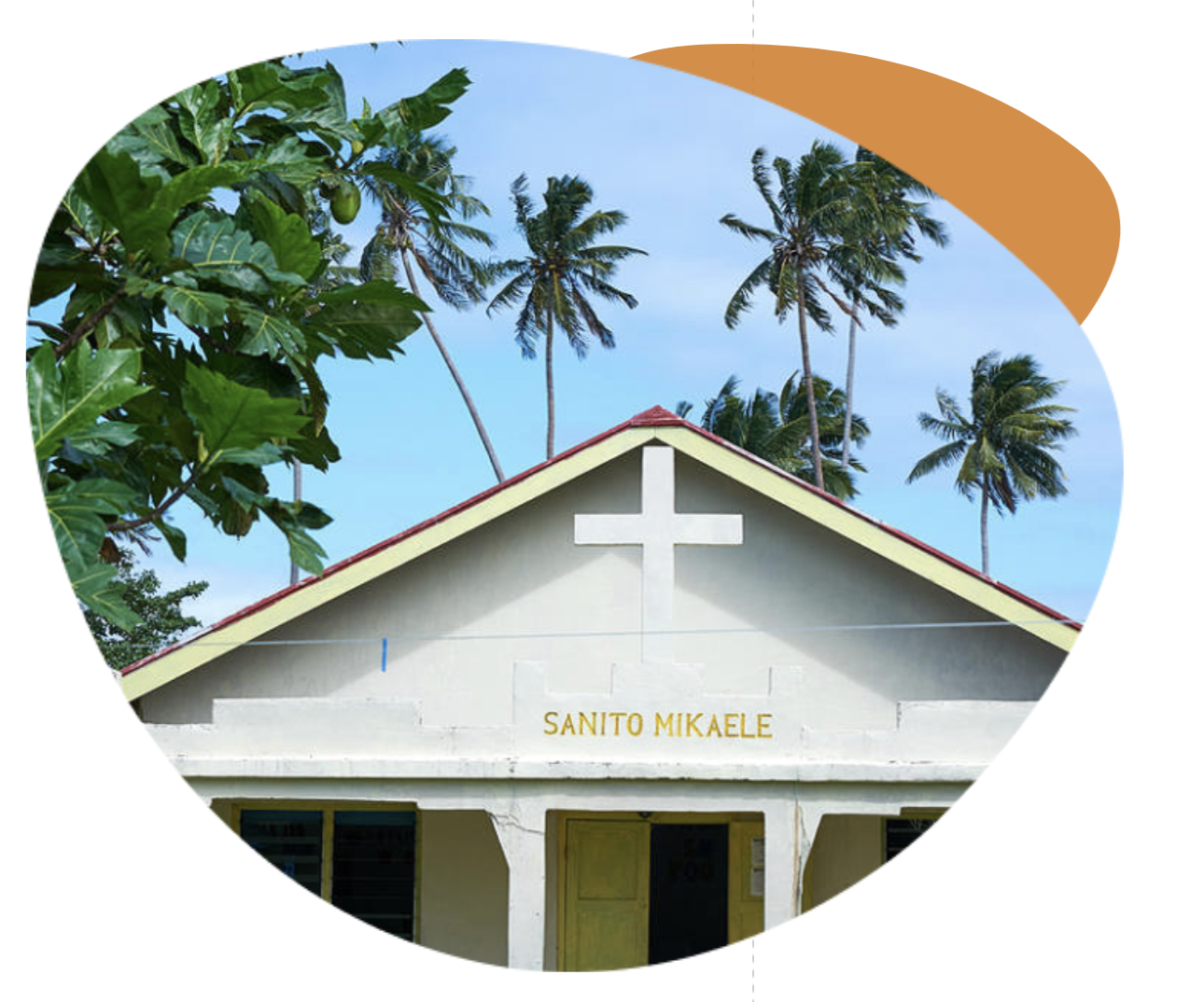Church Networks and Localisation Practice in the Pacific
DOI:
https://doi.org/10.21153/thl2019volno0art1037Keywords:
Localisation, Pacific, humanitarian reform, local faith-based actorsAbstract
The localisation agenda is the largest humanitarian reform in decades. Global research, advocacy and adaptations of localised approaches continue to mature following the World Humanitarian Summit in 2016. The Summit produced The Charter for Faith-based Humanitarian Action, recognising the unique position and comparative advantage of local faith actors (LFAs) in humanitarian settings, owing to their presence in communities before, during, and after crises. More than 80% of the world’s population professes a religious faith, and international development and humanitarian work takes place within communities deeply influenced by faith, with local staff often themselves people of faith (cited in Fletcher 2018, p. 4). LFAs have consistently been among the top implementing partners of UN Agencies in undertaking humanitarian response (UNHCR Partnership Note on faith-based organizations, local faith communities and faith leaders 2014, p.8). Despite this recognition, little has promulgated on the role of LFAs in the localisation agenda and the primacy of LFAs' voices in contextualising the agenda for their communities. Accordingly, CAN DO (Church Agencies Network Disaster Operations) a network of Australian churchbased agencies with established relationships in the Pacific, is building an evidence base to inform international actors and affirm the significance of LFAs in localised humanitarian response within the Pacific region, thereby contributing towards the Charter for Faith-Based Humanitarian Action commitments. This paper is a critical reflection of the 2017-2018 localised response to the Monaro Volcano eruption in Vanuatu. Key learnings frame future collaborations with Pacific churches and pave the road ahead in shifting power differentials, including the advancement of LFAs' role within policy and decision-making at all levels of humanitarian response (Charter for Faith-Based Humanitarian Action 2016, p.2).
Downloads
References
Anglican Overseas Aid and the Adventist Development and Relief Agency 2018, Australian Humanitarian Partnership Activation Final Report, Unpublished Ambae humanitarian response report for the Australian
Government’s Department of Foreign Affairs and Trade, AOA and ADRA, Melbourne and Sydney.
Deer, C. (2008) “Doxa,” in Grenfell, M. (ed.) Pierre Bourdieu: Key Concepts. Acumen Publishing, pp. 119–130. doi: 10.1017/UPO9781844654031.011.
Department of Foreign Affairs and Trade 2019, ‘Localisation of humanitarian Assistance’ presentation notes/paper presented at the Localisation Experts Dialogue, Melbourne, 31 January.
Fletcher, G on behalf of the Australian Council for International Development (ACFID) Sexual Rights in Development Community of Practice, 2018 ‘Faith, sexual orientation, gender identity and the ACFID Code of Conduct‘, pp. 7-9.
Kabeer, N 2019, ‘ The Conditions and Consequences of Choice, Reflections on the Measurement’ United Nations Research Institute for Social Development Discussion Paper No. 108, retrieved March 2019, <http://www.unrisd.org/80256B3C005BCCF9/(httpAuxPages)/31EEF181BEC398A380256B67005B720A/$file/dp108.pdf>.
The Agenda for Humanities, 2016, Charter for Faith-Based Humanitarian Action, retrieved January 2019, <https://www.agendaforhumanity.org/initiatives/4012>
The Humanitarian Advisory Group 2019, LOCALISATION IN VANUATU: DEMONSTRATING CHANGE, report is part of the Humanitarian Advisory Group’s Intention to impact: Localisation of humanitarian action in the Pacific research project, retrieved January 2019, <https://humanitarianadvisorygroup.org/wp-content/uploads/2019/02/Vanuatu-Baseline-Report_February-2019_FINAL.pdf>
United Nations High Commission for Refugees, 2014, Partnership Note on faith-based organizations, local faith communities and faith leaders, retrieved 10 January 2019 <https://www.unhcr.org/539ef28b9.pdf>
World Vision Vanuatu 2018, World Vision Vanuatu’s Channels of Hope Completion Report, Unpublished Ambae Volcano Emergency Response Program report, WVV, Luganville Vanuatu.







